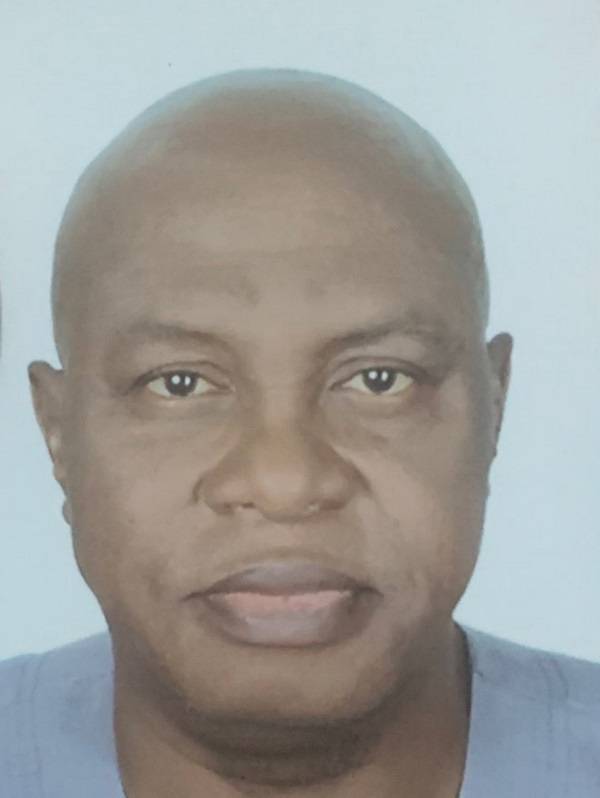
The International Telecommunications Union’s (ITU) plenipotentiary conference (PP), scheduled for Doha, Qatar, in 2026, marks significant milestones for the global digital telecommunications body.
This conference will be the first hosted by the Doreen Bogdan-Martin-led Executive Council of the ITU. Moreover, 2026 is the year ITU aims to collect funds to connect the remaining unconnected parts of the world under the Sustainable Development Goals (SDGs) by 2030.
At the World Summit on Information Society (WSIS) held last month in Geneva, Switzerland, donor countries raised over $50 billion, surpassing 50 per cent of the anticipated $100 billion required for SDG projects.
On May 27, 2024, ITU, the UN Agency for Digital Technologies, announced $4.8 billion in investment commitments toward global connectivity. This brings the total pledges aimed at closing the digital divide through ITU’s Partner2Connect Digital Coalition (P2C) to $50.96 billion. These pledges, made during the WSIS+20 Forum High-Level Event in Geneva, focus on leveraging artificial intelligence (AI) to enhance digital access, adoption and inclusion.
“Closing the digital divide requires a team effort and, today, we scored a huge win for global connectivity,” said an excited ITU secretary-general, Bogdan-Martin at the Geneva event. “I am thrilled to see these amazing new commitments and that we have united P2C and WSIS to break through the halfway point in our goal to help bring the benefits of digital connectivity to everyone, everywhere.”
The Sustainable Development Goals (SDGs) aim to transform our world, calling for action to end poverty and inequality, protect the planet, and ensure that all people enjoy health, justice, and prosperity. Born at the United Nations Conference on Sustainable Development in Rio de Janeiro, Brazil, in 2012, the SDGs took root in 2015 and will run until 2030. According to UN documents, the SDGs address urgent environmental, political and economic challenges facing our world.
SDG Digital emphasises that the funding gap of over $3.7 trillion for the SDGs necessitates international efforts focusing on enablers such as infrastructure and connectivity. Collaborative pooling of resources, including contributions from the private sector and diverse financing methods, is essential. Fortunately, SDG Digital has received new commitments to accelerate progress on the SDGs.
As part of the strategy to sustain the drive for funds to bridge the digital divide, ITU’s PP-26 in Doha is expected to bring the fundraising push up to date.
In 2023, the number of people not connected to the Internet decreased to an estimated 2.6 billion, or 33 percent, from 2.7 billion in 2022. According to the ITU, only 67 percent of the world’s population, or 5.4 billion people, were online in 2023. “This improvement in connectivity is another step in the right direction, and one more step towards leaving no one behind in support of the UN Sustainable Development Goals,” said Bogdan-Martin in a statement. “We won’t rest until we live in a world where meaningful connectivity is a lived reality for everyone, everywhere.”
Growth in internet connectivity remains strongest in low-income countries, where the number of internet users increased by about 17 percent over the past year. However, less than one-third of individuals are connected to the internet in these countries. UN assessments indicate that half of the 169 SDG targets are either weak or insufficient at the 2030 Agenda’s halfway point, with 30 percent of the SDG targets stalled or regressing.
“Digital transformation demands joint efforts between the private sector, financial institutions, civil society, the UN, governments, and young people,” noted the UN. SDG Digital brings together experts, policymakers, and business leaders to explore the achievements, gaps, and solutions on how digital technologies can support the 2030 Agenda.
Last week, Qatar, the host country for ITU’s PP-26, announced the nomination of Mr. Ahmad Abdulla AlMuslemani, an engineer and president of the Communications Regulatory Authority (CRA), as chairman-designate for the local organising committee (LOC). The ITU plenipotentiary conference (PP), the highest decision-making body of ITU, will take place in Doha from November 9 to 27, 2026.
“ITU’s next plenipotentiary Conference in Qatar will set the stage for a digital future where human-centered technology drives progress and inclusion for everyone,” said Bogdan-Martin. “Under Eng. Ahmad Abdulla AlMuslemani’s leadership, I’m confident that PP-26 will make great strides in advancing ITU’s mission to connect the world meaningfully and sustainably.”
Delegates representing ITU’s 193 member states meet every four years at the Plenipotentiary Conference to set out the organisation’s strategic and financial plans. They also elect ITU’s senior management team, the ITU Council member states and the Radio Regulations Board members. The decision to host PP-26 in Doha was adopted by consensus by ITU Member States in October 2022 at ITU’s plenipotentiary conference 2022 in Bucharest, Romania.
In its bid to host PP-26, Qatar highlighted its strong information and communication technology infrastructure and its status as a world leader in organising and hosting major events, including high-level global and regional conferences across various sectors. As CRA President, AlMuslemani leverages over 18 years of experience in the information and communication technologies sector to strategically shape regulatory policies and digital infrastructure development. His leadership aligns Qatar’s digital transformation initiatives with the National Development Strategy and Digital Agenda 2030.
AlMuslemani holds a master’s degree in communication systems from the Swiss Institute of Technology and a master’s in management from HEC Paris in Qatar. He also obtained a bachelor’s degree in electrical and computer engineering from Ohio State University, USA. His expertise spans Big Data, the Internet of Things, Cloud Computing, and notably, the deployment of 5G networks, which are pivotal in enhancing connectivity and technological access throughout Qatar. This expertise will undoubtedly add significant value to the PP-26 discussions.
Qatar’s Minister of Communications and Information Technology, Mr. Mohammed bin Ali Al Mannai said: “This appointment underscores Qatar’s commitment to shaping the future of global communications and ensuring equitable access to information and communication technologies for all. We are confident that AlMuslemani’s extensive experience will be instrumental in guiding the conference towards impactful resolutions and fostering a collaborative environment for the ITU member states.”
As chair-designate, AlMuslemani will work with ITU and its member states to prepare for PP-26, as a guide to the organisation’s work through 2030 in overseeing global radio spectrum allocation, creating global technical standards, and advancing sustainable development through connectivity to digital technologies.
“Qatar has a proven track record of successfully organizing and hosting major international events. We are confident that Qatar will be an exemplary host for the ITU Plenipotentiary Conference. We will be honored to welcome the global ICT community to Doha, where we will share our rich culture, heritage and hospitality. This conference presents an invaluable opportunity for us to collectively advance the global ICT agenda, fostering innovation and cooperation that will shape the future of digital technologies worldwide,” said AlMuslemani.




